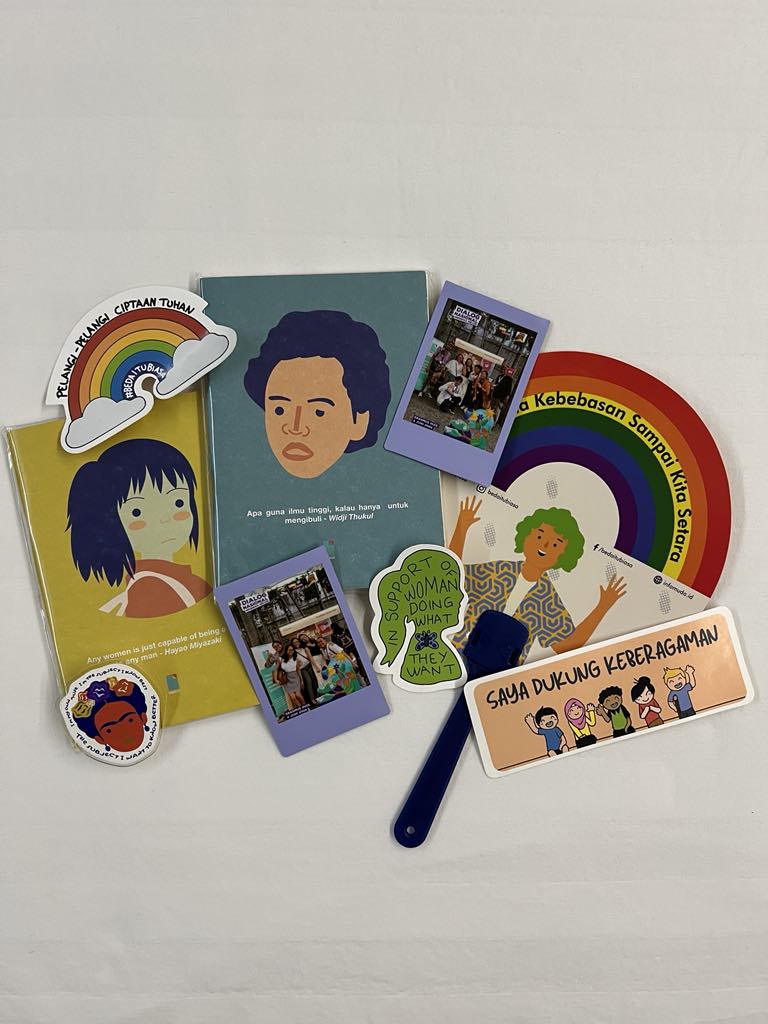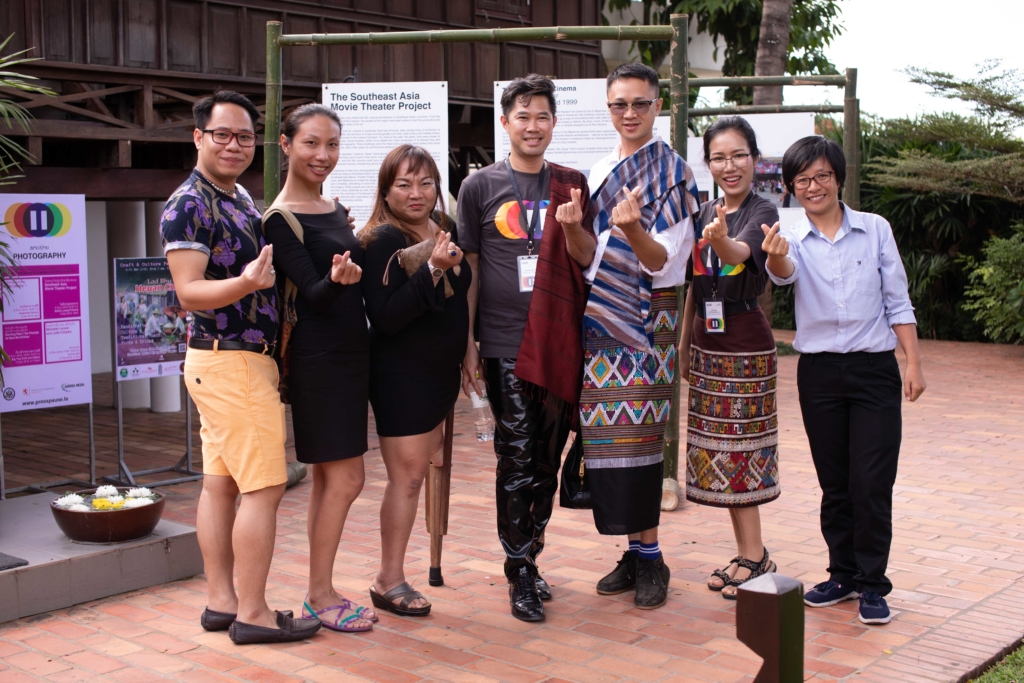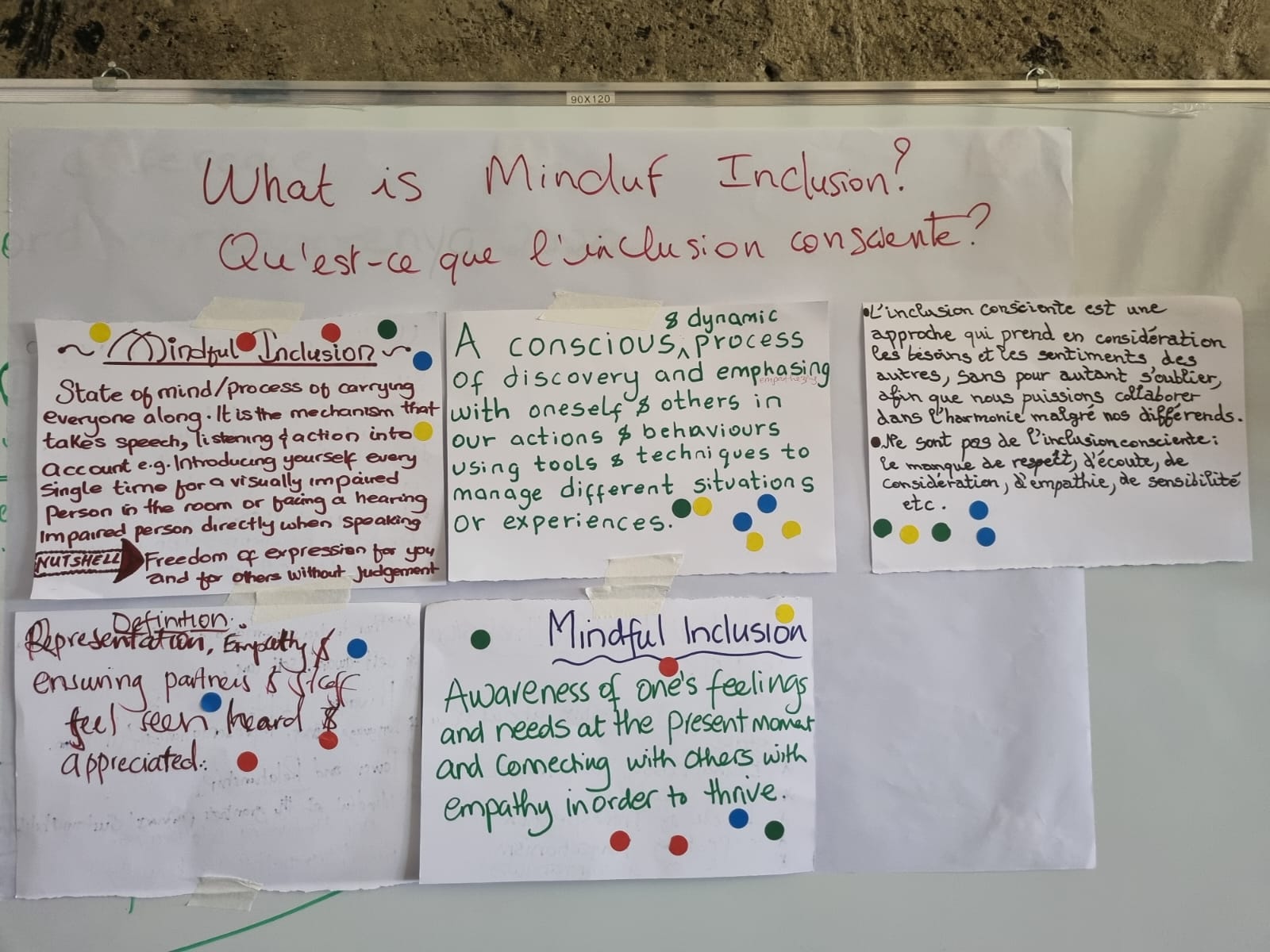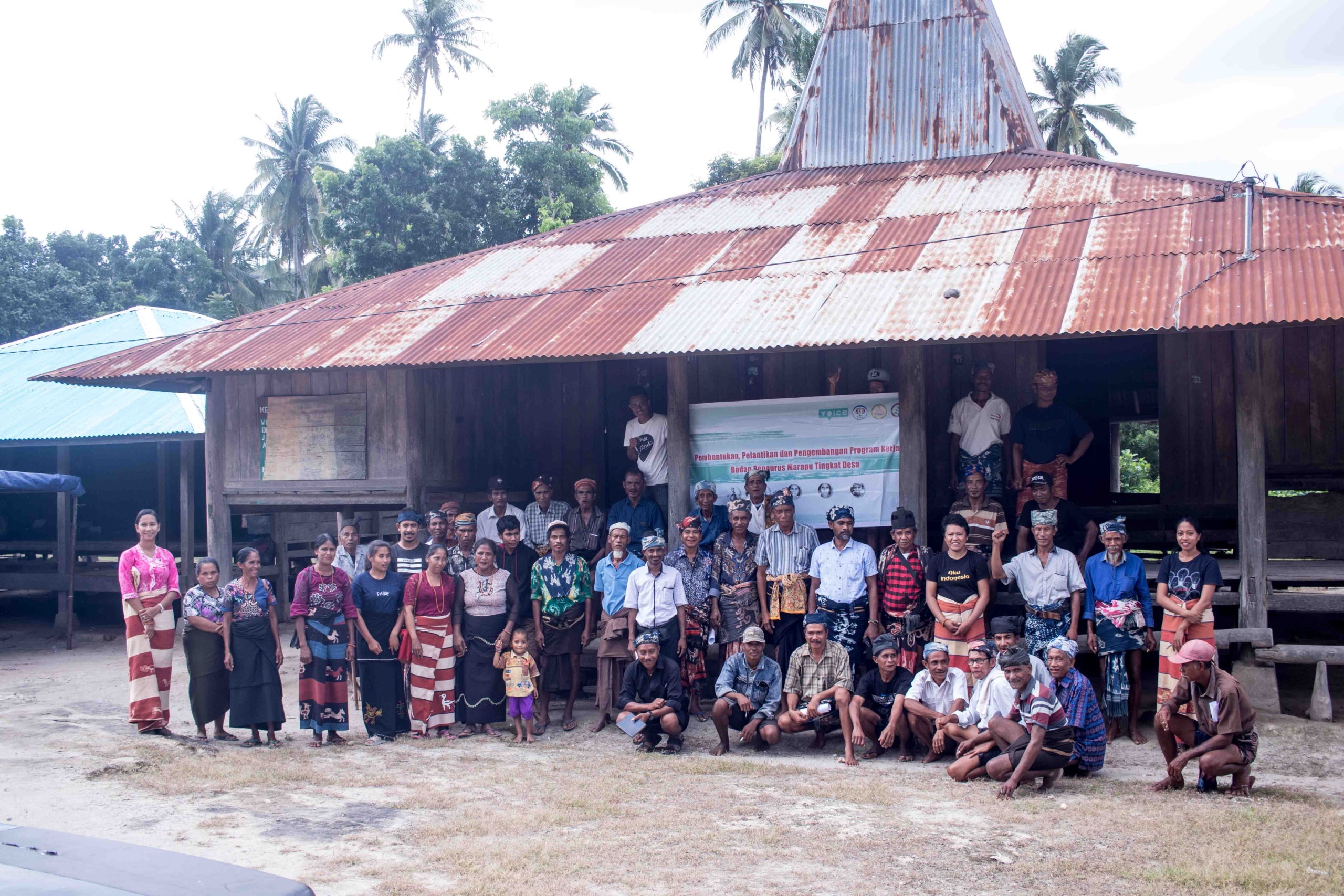From coping to thriving!
An organisational journey to serve people with a psycho-social disability in Indonesia
In Voices of Change we focus on documenting the changes and impact at the level of individuals but also -and a bit rarer- on the evolution of an organisation. This time we have the privilege of telling the story of the Indonesian Mental Health Association based in Jakarta – in light of World Mental Health Day. (October 10)
People with a psychosocial disability, affected by their mental health condition, continue to fight for their rights and needs. They deserve and want to thrive and not just cope. In Indonesia, a lack of appropriate services to uphold their basic rights prevents this from happening. They are left behind not only by social care institutions but even within their own families. They face hurdles in accessing jobs and education, among others. Women with psychosocial disabilities face additional burdens such as sexual harassment and violence while in social care institutions.
With these hurdles in mind, the Indonesian Mental Health Association (IMHA), a previous Voice empowerment grantee in Indonesia, focused on unlocking the abilities and potential of women with psychosocial disabilities, breaking barriers while doing it. IMHA strongly believes that capacity-strengthening can bolster women advocates, using their own voices to raise awareness and demand their rights.
A series of trainings were held for their rightsholder participants to create messages around the challenges they face and how these messages could be amplified. Below follow a few examples.
A trajectory of how to produce a video formed part of an entire journalistic module. It focused on how to make short videos using mobile phones, especially since this is the most accessible equipment for all the participants.
And the results are there to show for it!
The videos below were made by the rightsholders themselves. They did everything from script creation, scene preparation, to editing—on their own. They took turns in being the scriptwriter, camera person, and so on. Their stories are their own lived reality, showing for example the difficulties in applying for jobs. In most cases, psychosocial disability is not considered a disability, therefore cannot be indicated on application forms or office HR manuals. The video was created to reflect on the situation which shows a gap in accessing their right to work.
The participants found the method of relaying messages through video fun and exciting, so as an organisation they have adopted this as an approach. IMHA is in the process of making several other short videos with different topics, all related to the challenges persons with psychosocial disabilities face; school bullying, problems during employment, sexual harassment, discrimination in the family, in the neighbourhood, and inheritance issues. Here is a video showing the challenges in accessing psychiatric medicine. Indonesian health care and the social security agency does not financially cover the proper amount of required doses.
Expanding their advocacy work, IMHA worked together with Human Rights Watch and select government institutions on a new report entitled “Living in Chains: Shackling of People with Psychosocial Disabilities WorldWide”. This report looks at how people with mental health conditions are treated in their own homes or in social care institutions, influenced by stigma and lack of appropriate and rights-based services. Together, they looked at the current condition of social care institutions in Indonesia and captured how inhumane treatment and abuse of power continue to prevail.
However, these findings just strengthened their resolute in fighting for the rights of people with psychosocial disability, especially in calling for the government’s attention and action. Together with other organisations, they are set to implement programmes related to labour rights of people with a psychosocial disability.
And they are also preparing for the judicial review on guardianship which would allow the rightsholders to own their power to decide. All to make them thrive and not just cope!
Their message to you is:
“People with psychosocial disability have the same rights as other people. There should be no discrimination at all according to the Convention on the Rights of Persons with Disabilities (CRPD). People with psychosocial disability have the same needs and rights as you. Proper health care is just one aspect, but like you, they also have the right to work, education, and housing. Indonesia has ratified the CRPD back in 2011, and the government must go by this and fulfill our rights as with others.”








